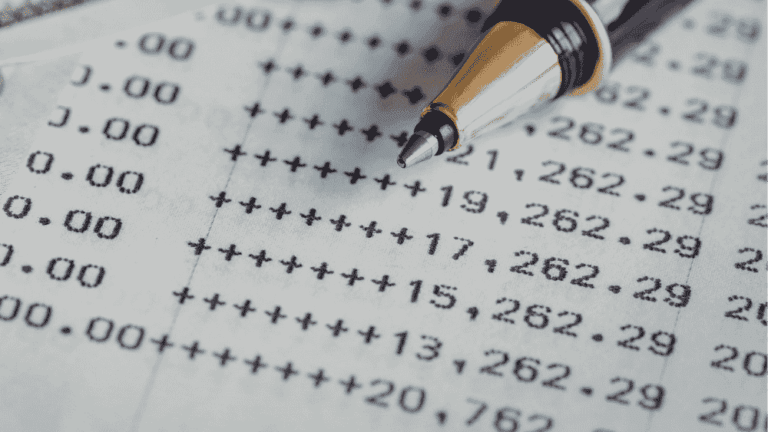
Understanding principal private residence (PPR) relief for homeowners
Introduction to principal private residence (PPR)
With the taxation of the family home being in the news a lot recently, this blog explains principal private residence (PPR) and provides examples where the gain on the sale of the a home maybe taxable.
Firstly, there was much political interest and debate regarding a politician’s property sale, and whether she paid the right amount of tax on it. I have had people contact me for advice as a direct result of the coverage around this.
Then there was back and forth pre-Election over whether Labour would impose a tax charge on selling the home. They ruled this out at the time. Whether there are any changes to capital gains tax in the Budget on 30 October 2024 remains to be seen. They ruled this out. I probably spend too much of my time on trains reading tax commentary about this subject. The level of misunderstanding of private residence tax relief is clear and a little troubling at times. It is not helpful when loose language is used such as the ‘family home will not be taxed on sale’.
Understanding principal private residence
I am not surprised at the confusion. I have been advising on PPR for over 25 years and when pushed I will often say it is surprisingly one of the most complex areas of tax I advise on. That is not entirely true, as in many cases it is easy. There is no capital gains tax on the sale of the home in straight forward cases.
However, given the substantial increases in property values in recent years and decades, the capital gains on the sale of a home can be very substantial. If that gain is not wholly relieved by PPR then the tax on even a modest percentage of the unrelieved gain can be painful. Worse, if the tax liability is unexpected and not budgeted for, perhaps all the sale proceeds have been earmarked for the next move then it has potential to cause some financial problems. There is also the risk of interest on late paid tax starting after just 60 days, and penalties, if it is not picked up until later.
Examples
There are many cases where some of the gain on the sale of the home may be taxable. A non-exhaustive list of examples of when further consideration of the position is necessary include:
- The property has not been lived in as the home for some of the period of ownership
- Having more than one home at various times, though timely elections can help clarify the position, or maximise the PPR available
- Changes to how the building has been used over time, perhaps due to conversion or renovation
- Having an annexe separate from the main dwelling
- Having a large garden, or land/buildings that do not support the dwelling or fall outside of the immediate dwelling and garden area. The legislation allows for half a hectare of garden and grounds, which is about 1¼ acres. However, a greater area can be allowable in some cases and professional advice should be sought
- The letting of all or part of the property at times
- Exclusive business use or part of property
- Children owning property their parents occupy, or vice versa
- If work has been undertaken to realise a gain on sale, or if development is part of a property development business then this may restrict the PPR, or even mean that income tax could be payable on profits
- Complicated domestic arrangements for married couples, such as living in separate places, but not being separated in the sense of their relationship
- Streams, roads and other dividing factors or buildings not within the curtilage of the property
- Paddocks, fields, woodland and other areas of land
- Temporary accommodation of a residence not intended to be a permanent home
- Selling retained garden after the sale of the dwelling
Understanding when there may be tax on the sale of the home
I sigh when I read there is no capital gains tax on the sale of a home as though it is a certainty. It may be true in many cases, but it is a heuristic that misses a large number of exceptions to the rule.
If there is anything unusual about the property or land, or the use of it, or periods of non-occupation, or if there has been more than one home, then it very well may not be true. If so, the outcome may range from a sense of irritation to a serious financial hit. Furthermore, if tax is due then the gain needs to be reported to HMRC and the tax must be paid within 60 days of the completion of sale. It is up to the taxpayer to notify HMRC of this.
How can we help
Providing proactive advice early prevents a nasty surprise. We can help plan for the tax liability or assist with computing and reporting the capital gain. To discuss, get in touch.











